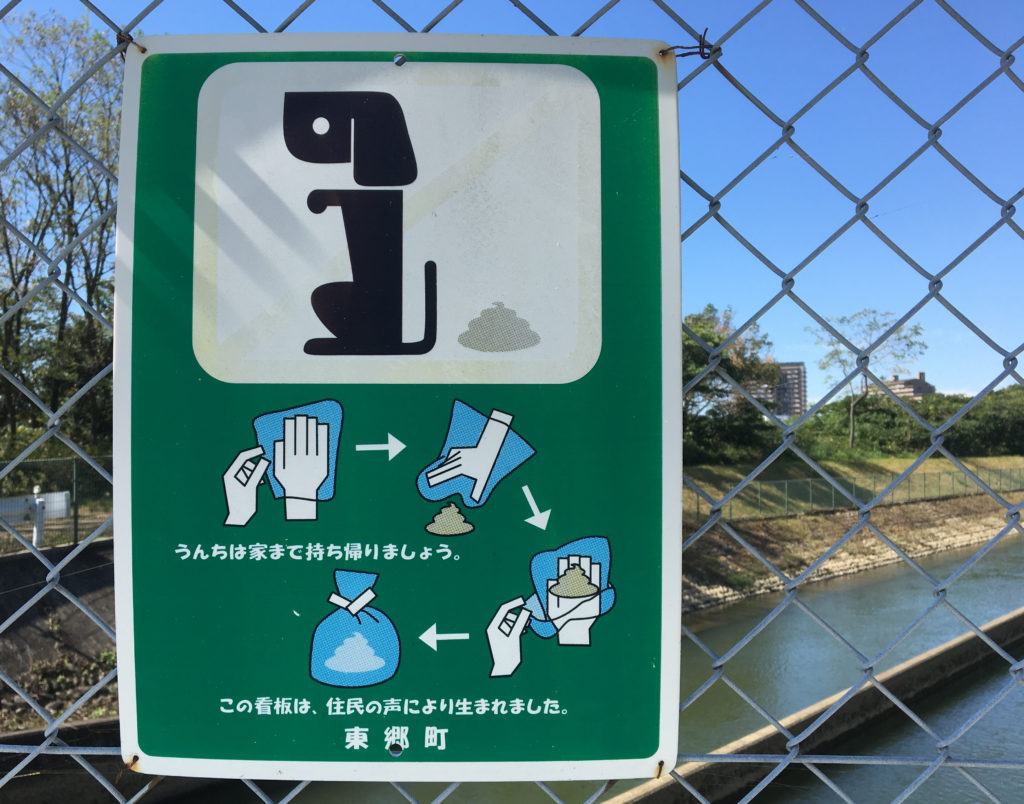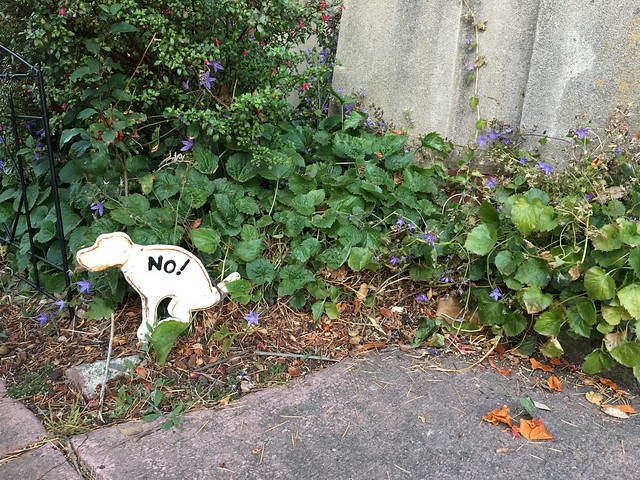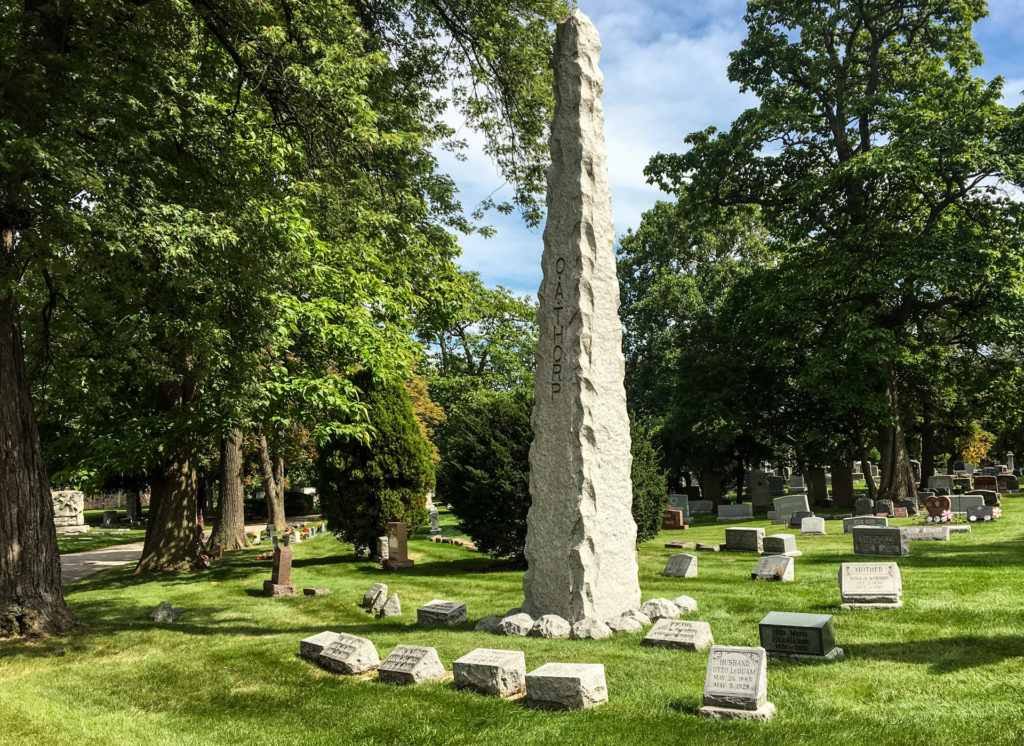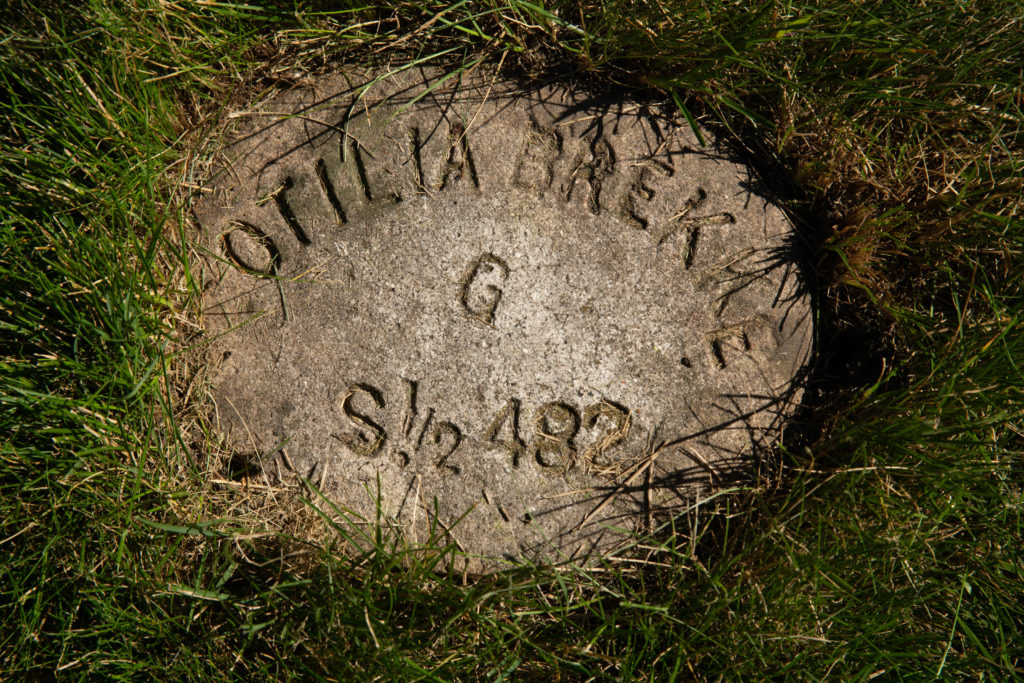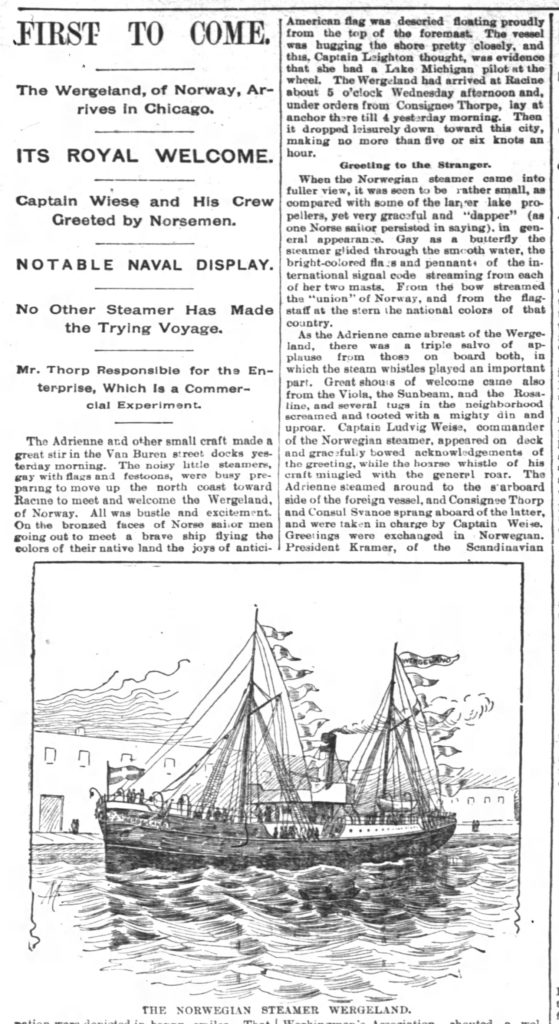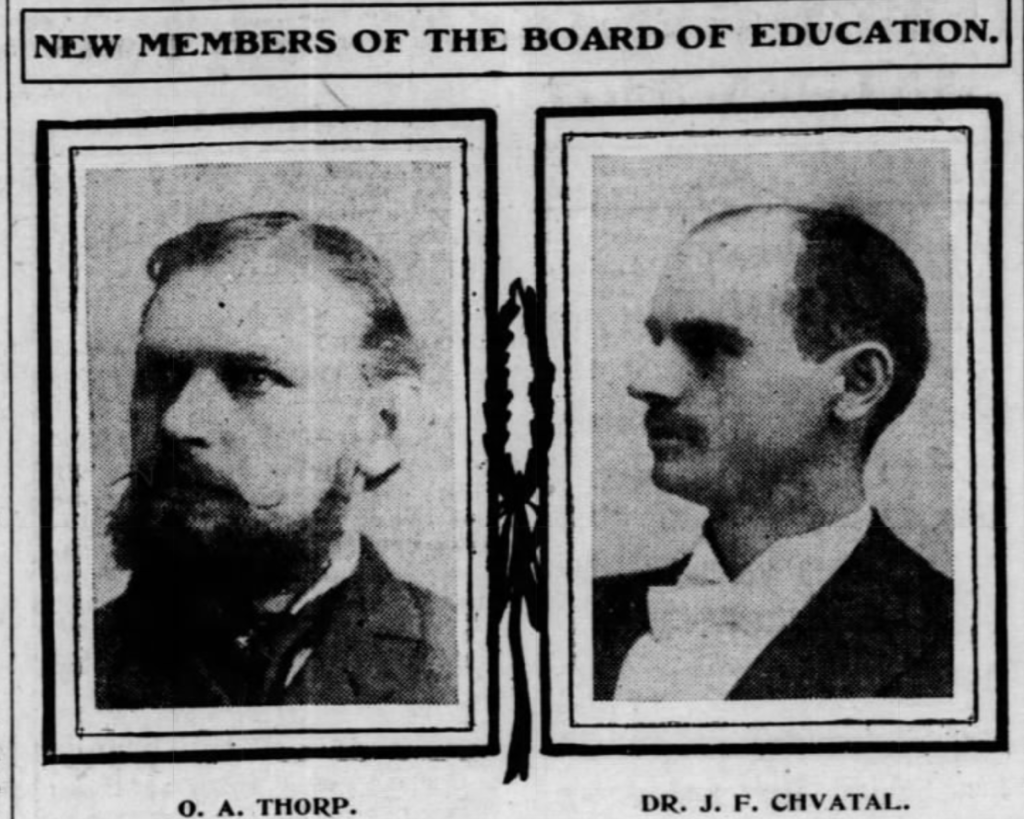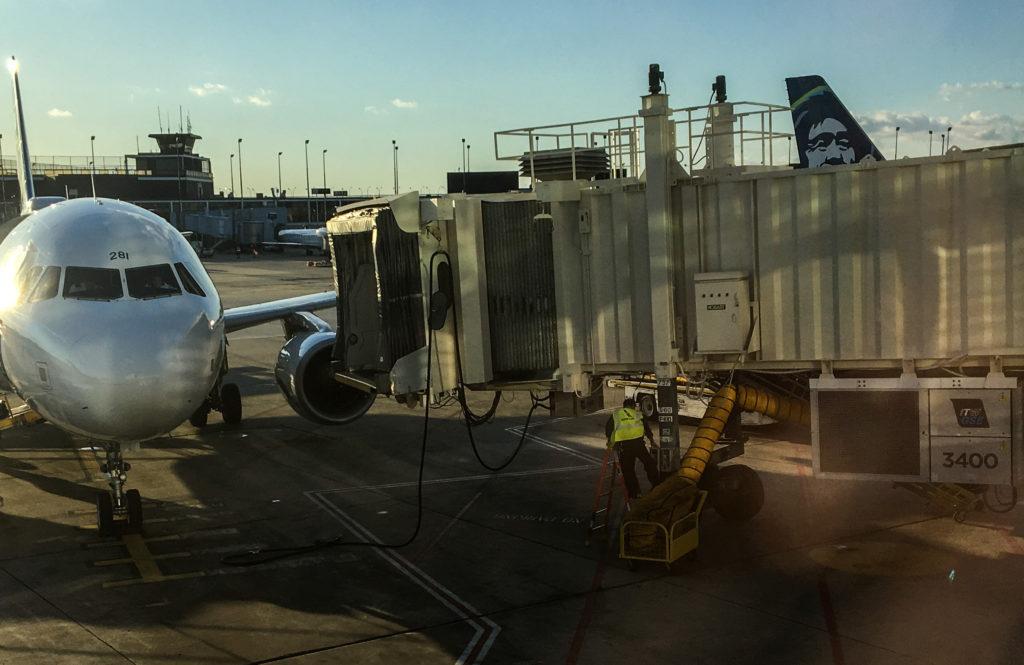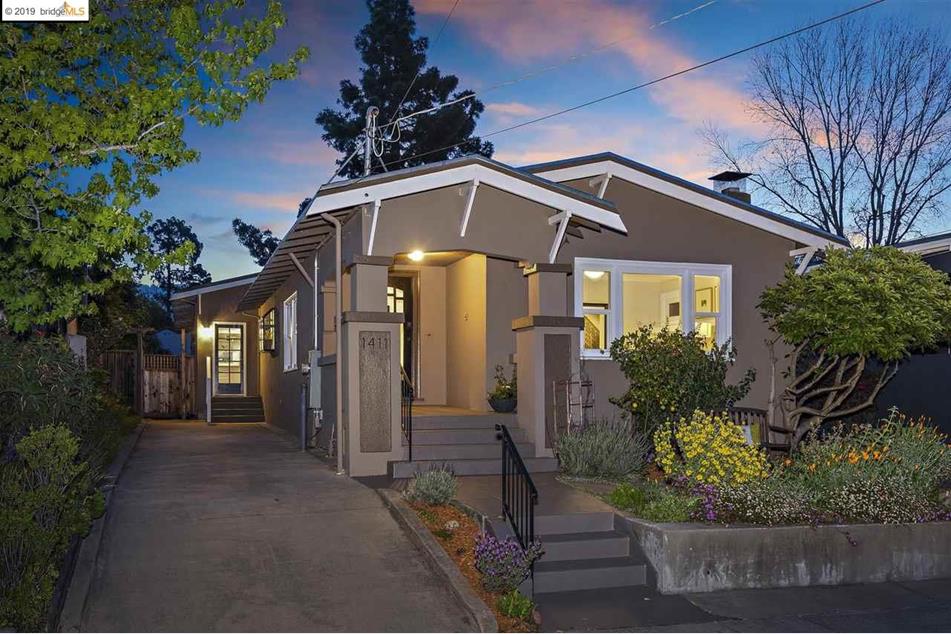
Briefly: We planted a bunch of milkweed this year in hopes of encouraging monarch butterflies to feed and reproduce. Among the lessons learned: There are lots of things out there in the world that will kill a monarch long before they have a chance to become butterflies. And when they get a chance to get to butterfly stage, the process is actually much more beautiful and absorbing than I had imagined.
Late in the season here in the San Francisco Bay Area, we noticed that the few adult monarchs around were accomplishing their reproductive mission more efficiently than they had been a few months ago. Maybe it was because most of the predators had gone underground for the year, but we were seeing more monarch larvae (aka caterpillars) than we had during the summer.
We brought a couple of well advanced caterpillars indoors and installed them in a butterfly house we’ve used several times this year. Kate, the chief wrangler of our semi-intentional menageries, named the larger of the new inmates Latelyton — that’s Lately and -ton — because of its appearance so late in the year.
It wasn’t long before Latelyton found his or her way out of the butterfly house. Where he/she had gone we had no idea. Monarchs that are ready to go into their chrysalids have a way of seeking an out of the way spot where they can attach themselves, so their odd, intense twisting dance to enclose themselves, and hang there in piece until they are ready to eclose (emerge, in insect talk).
We figured we’d see Latelyton after s/he emerged. I imagined a new butterfly flapping desperately to get outside to go about its natural calling. But it typically takes 12 to 14 days for a monarch to eclose, and as of yesterday, it had been three weeks with no sign of the wayward larva/pupa.
That was until Kate was vacuuming around an upholstered Ikea armchair. As she described it, she saw something dangling from one of the chair’s arms. It was, we are sure, Latelyton, in a perfect chrysalis. S/he does not look close to emerging, but what do we know? Maybe we’ll have on overwintering visitor. In any case, we’re letting him/her be. I’m hoping this monarch will at least wait until we get past our current predicted run of rainy, cold weather before it makes its next move.

